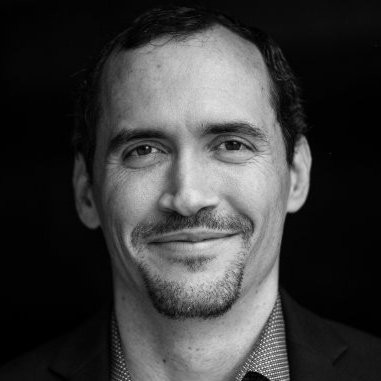We were lucky to catch up with Jeff “mottzy” C. recently and have shared our conversation below.
Hi Jeff, appreciate you sitting with us today to share your wisdom with our readers. So, let’s start with resilience – where do you get your resilience from?
Without waxing too philosophically, I’d say that qualities like resilience, confidence, self-esteem, and optimism all have to come from within and, I suspect, are often prompted by experiencing their opposites. My childhood and teenage years had a number of rough patches where I often felt incapable of overcoming obstacles. I would see others succeed where I couldn’t. The one constant was my belief that, if I were faced with a real test, I could overcome that negative voice and rise above it.
It wasn’t until I joined the Marine Corps that it all truly clicked into place. The experience of boot camp was one of the hardest I had ever faced. It took everything I had not to give up. Through that experience, I realized a number of things—many of which I’m still learning about. Life isn’t much worth living without difficulties, and failures or setbacks are merely triggers to push towards improvement. Trying and failing isn’t bad; what’s detrimental is allowing setbacks to cause you to give up.
Ultimately, my resilience comes from within but is informed by my drive to do better and seek growth. It isn’t about blindly struggling against an immovable object, but about finding other ways to achieve goals—by going around, over, under, or even through apparent obstacles. What might seem to hold me back becomes the very force that propels me forward.
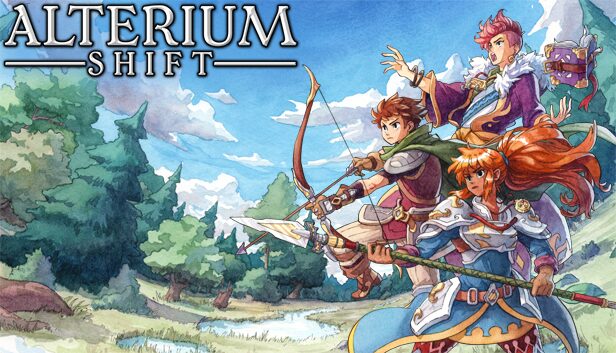
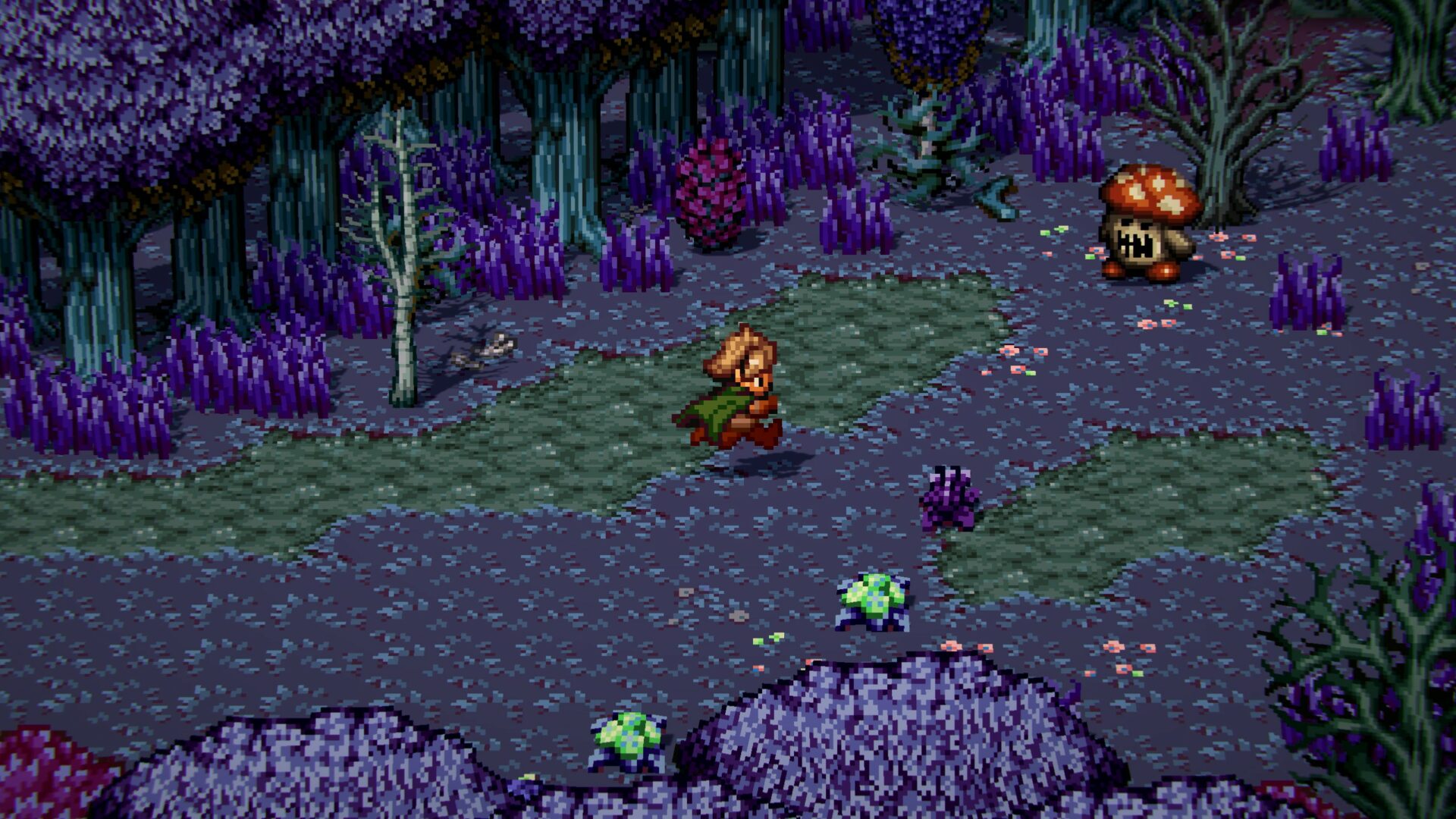
Thanks, so before we move on maybe you can share a bit more about yourself?
I’m a Chief Technology Officer (CTO) at a digital advertising company by day, and a game developer by night. Sometimes, it feels like the kind of odd double life you’d watch in a TV show. The passion that drove me to software and development was video games, and now that I’ve dipped my toe into that world, I can’t get enough. When I’m not spending time with my wife and three kids, I’m fervently working to get our game, Alterium Shift(https://store.steampowered.com/app/1586990/Alterium_Shift?campaign=press&medium=boldjourney) ready for a full launch sometime in 2025.
Game development has been the driving force behind my pursuit of technology, and the past few years have opened up a deeper view of that industry for me. Partnering with my co-founder, Jacob Mann, we’ve developed a game and a company that emphasize creating authentic retro-style gaming experiences. We aim to combine modern capabilities with the nostalgia of past eras of video games. Every aspect of this journey has been incredible—in both the challenges and the outcomes.
In the past four years of moonlighting as a game developer I’ve learned an incredible amount about customer service, business management, product management, and consumer behavior. This has crystallized my 18+ years of experience as a technologist and helped me realize that gaming is the industry I’m compelled to be part of. Don’t get me wrong, my CTO career has had its own aspects of fulfillment—and it’s certainly been stable—but it’s clearly time for me to pursue my authentic self in an area where I can combine my passion with my years of experience.
Drattzy Games LLC is a small studio with big plans, and we’re hoping Alterium Shift will be our catalyst to many more games to come. Keep an eye out for some big news coming soon that will include new updates and a significant expansion in our plans for 2025!
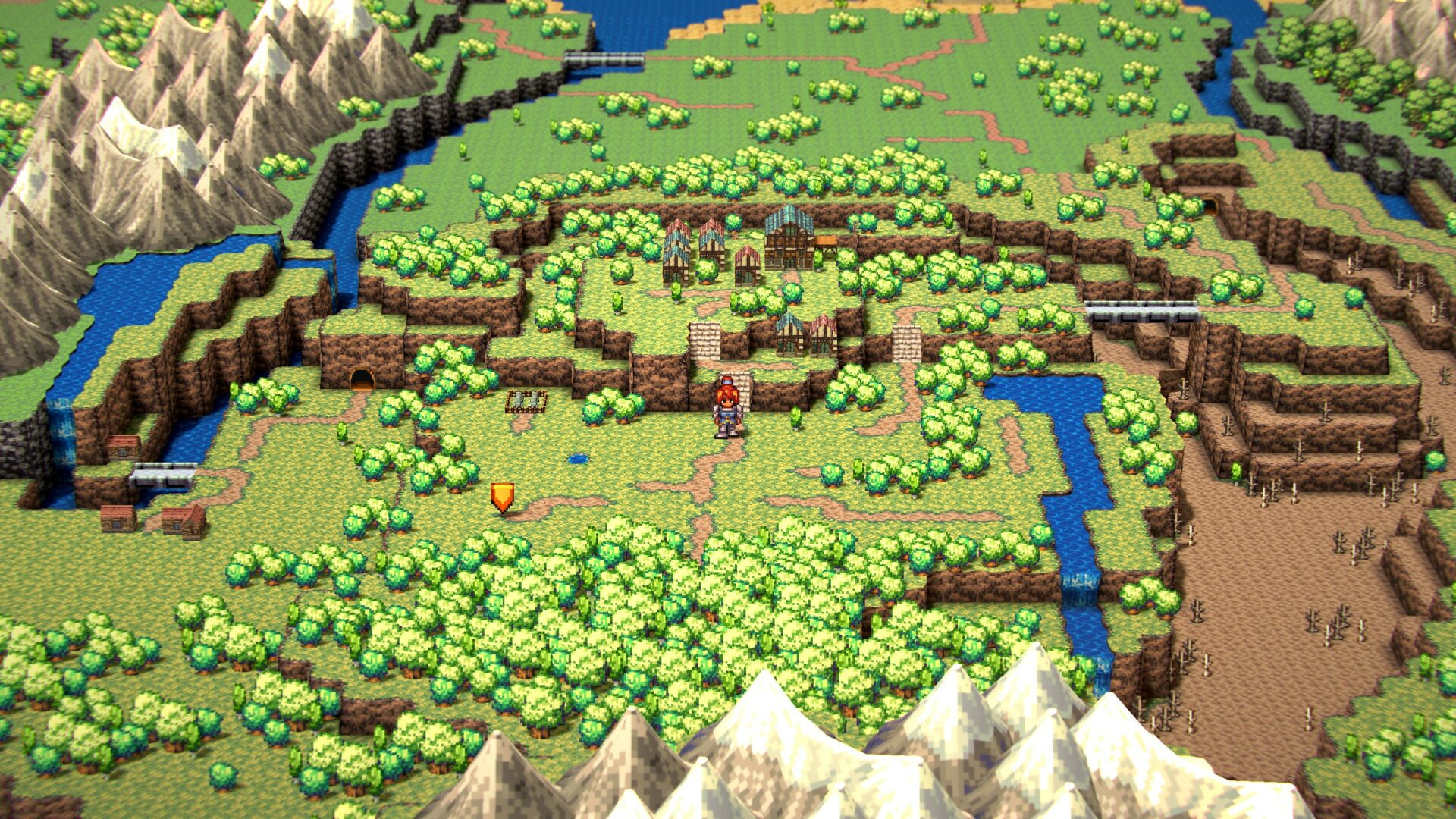
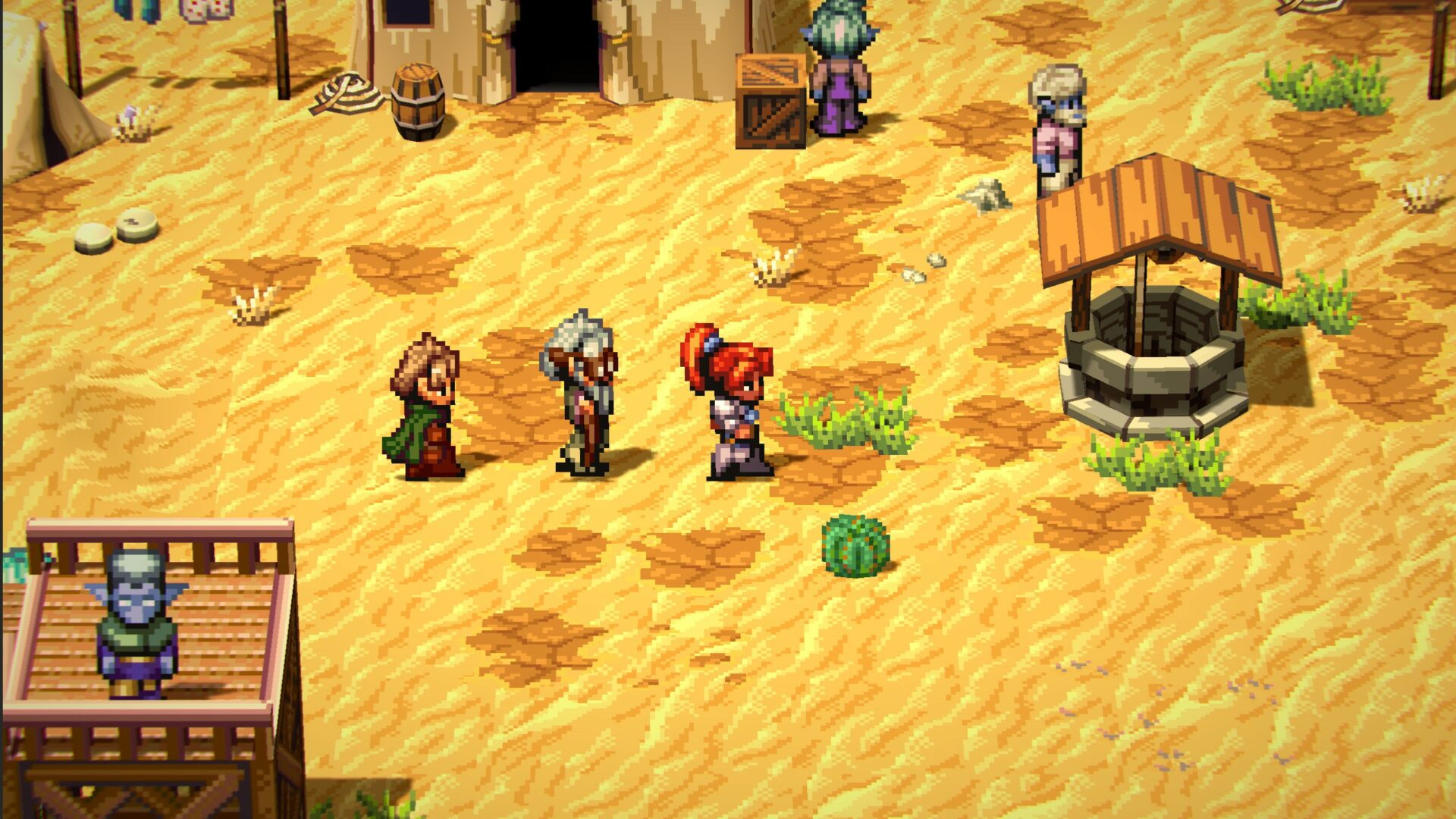
Looking back, what do you think were the three qualities, skills, or areas of knowledge that were most impactful in your journey? What advice do you have for folks who are early in their journey in terms of how they can best develop or improve on these?
There are multiple avenues to my journey, and likely way more than three things I could come up with, but if I had to simplify, the three that come to mind are continuous improvement, solution-oriented thinking, and decisiveness.
With continuous improvement—sometimes considered a “growth mindset”—I regularly evaluate what’s working and what could be better. I try to avoid the trap of fixed thinking, such as “we do it this way because we’ve always done it this way.” Humans and companies are always changing and growing, and I’ve seen a lot of success by always being willing to challenge assumptions and find better ways.
I’ve used solution-oriented thinking to aid in all manner of problem-solving. I’ve seen many people get stuck in overwhelming critical situations. They become problem-focused, meaning all they see are the problems without being able to visualize a solved outcome. When people get into that mindset, any bump in the road could derail their efforts, even when they might be on the path toward a better outcome. Being solution-oriented means starting with a mental vision that there is a solution, and it can be found. True, some solutions take longer than others, but being able to hold an intention of a positive result is paramount to forward movement in many situations.
Decisiveness ties the other two concepts together. This was a key leadership trait I learned from the military and happens to be one of the biggest challenges I see in companies of all sizes. Being able to assess a situation and make decisions is crucial for anyone trying to drive toward results. In my career, I’ve seen a room full of senior director-level leaders talk about problems without being able to make decisions. It wastes time and money for all involved (not to mention patience). Being decisive means you can move on. Not every decision will be right, but combined with continuous improvement to learn from mistakes and an eye toward an eventual solution, it allows for new decisions to be made quickly and effectively over time.
While all of this is easy to say, I often coach people newer in their careers that it always requires effort to develop any skill. Trying and failing is fine, as long as you keep trying (i.e., continuous improvement). One of my favorite analogies is physical exercise. Everyone generally accepts that you can’t improve strength and endurance without working out, and what you build doesn’t happen overnight. Admittedly, it’s not always fun to work out, but if you stick with it, you improve. This is the same for skill building. To continuously improve, you have to look for ways to improve. To get better at solution-oriented thinking, you have to see problems as opportunities that can have positive outcomes. To become decisive, you have to make more decisions.
Ultimately, everyone must take their own journey, so if those are the driving factors for you, I recommend finding the right mentor and support to figure out what drives you to success, and keep at it.
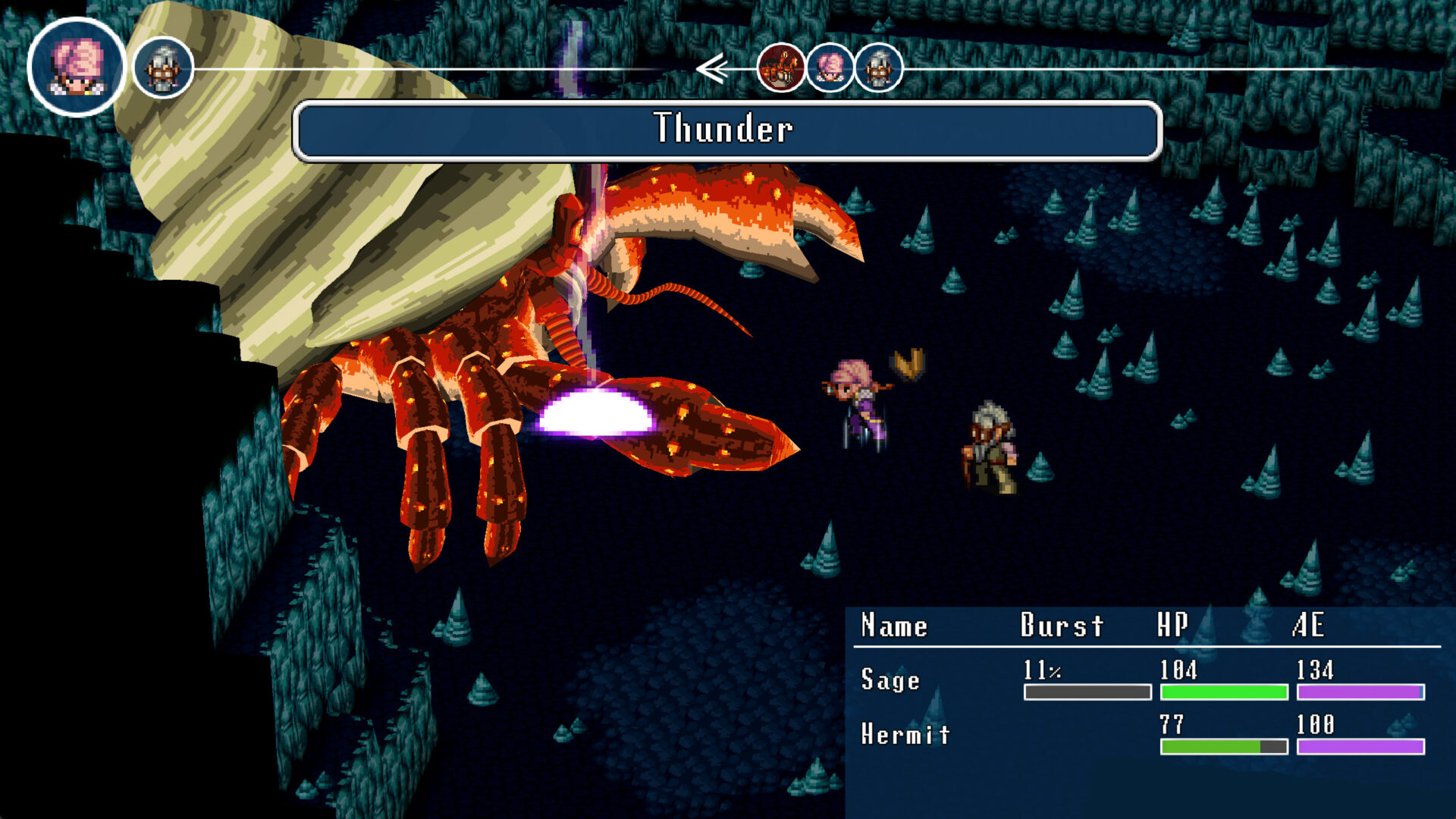
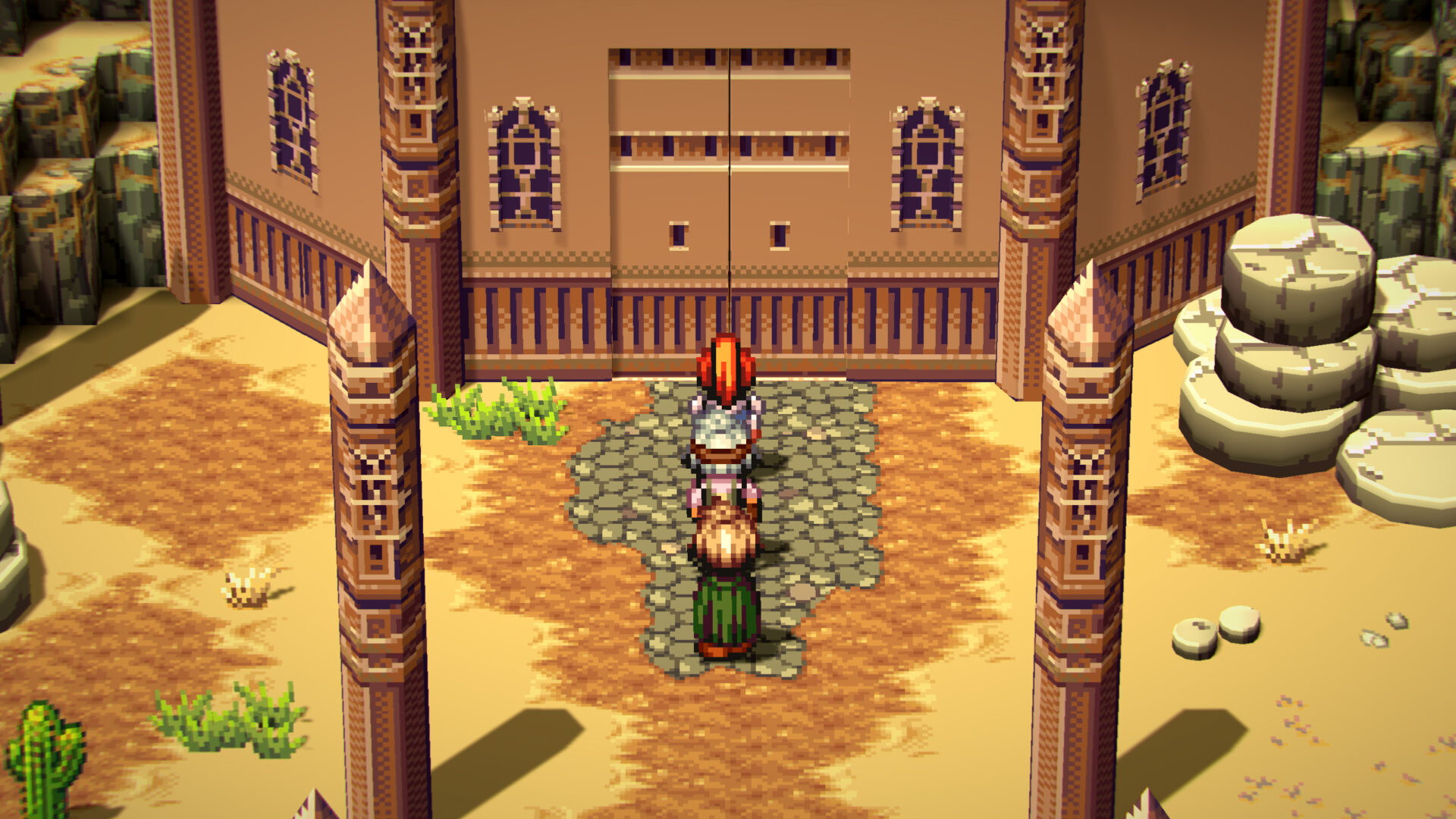
Before we go, any advice you can share with people who are feeling overwhelmed?
I love this question because, as far as I can tell, everyone gets overwhelmed differently, and the amount individuals can handle can vary greatly. What works for me may not work for everyone else—after all, I essentially work all the time when I’m not sleeping or being with my family. My overwhelm doesn’t come when matters are critical and I have to kick into overdrive to stay ahead of things. Instead, it comes after everything has settled down and I’m left ready to fight fires after they’ve all been put out.
When that happens, I just let myself not do things. In other words, I give myself permission not to try and just live in that “burnout” feeling, knowing that it will eventually pass. If it doesn’t pass, I know it means there’s a need for change, and I seek that change (continuous improvement) to rekindle my focus. I listen to myself and my reactions to situations, often recognizing that my feeling of overwhelm is actually a subconscious trigger that something isn’t right with my life balance and that something new is needed. I’m always willing to make a change (with communication and support from my wife), even if it can feel scary or risky.
I haven’t seen my approach always translate well to those I mentor. Instead, I try to simplify it to a practice of listening to your needs and taking appropriate action. That could be getting advice from a mentor, making lists to quantify your challenges, asking for help, letting yourself shut down for a bit, doing something different to get your mind off the problem, or any myriad of other things. The one thing I coach people who are getting to an overwhelmed state is that it is paramount to change something—anything—in order to start finding your way out of that feeling. Sitting in a feeling of overwhelm without seeking solutions can often create a negative reinforcement loop, and eventually, something’s gotta give.
Contact Info:
- Website: https://store.steampowered.com/app/1586990/Alterium_Shift?campaign=press&medium=boldjourney
- Instagram: https://www.instagram.com/alteriumshift/
- Twitter: https://twitter.com/drattzy
- Youtube: https://www.youtube.com/channel/UCT3OwbQOUqUXQtvq4oHW8Pw
- Other: https://bsky.app/profile/drattzy.bsky.social
https://linktr.ee/drattzygames
https://alteriumshift.com (official website – but we typically send people straight to steam)
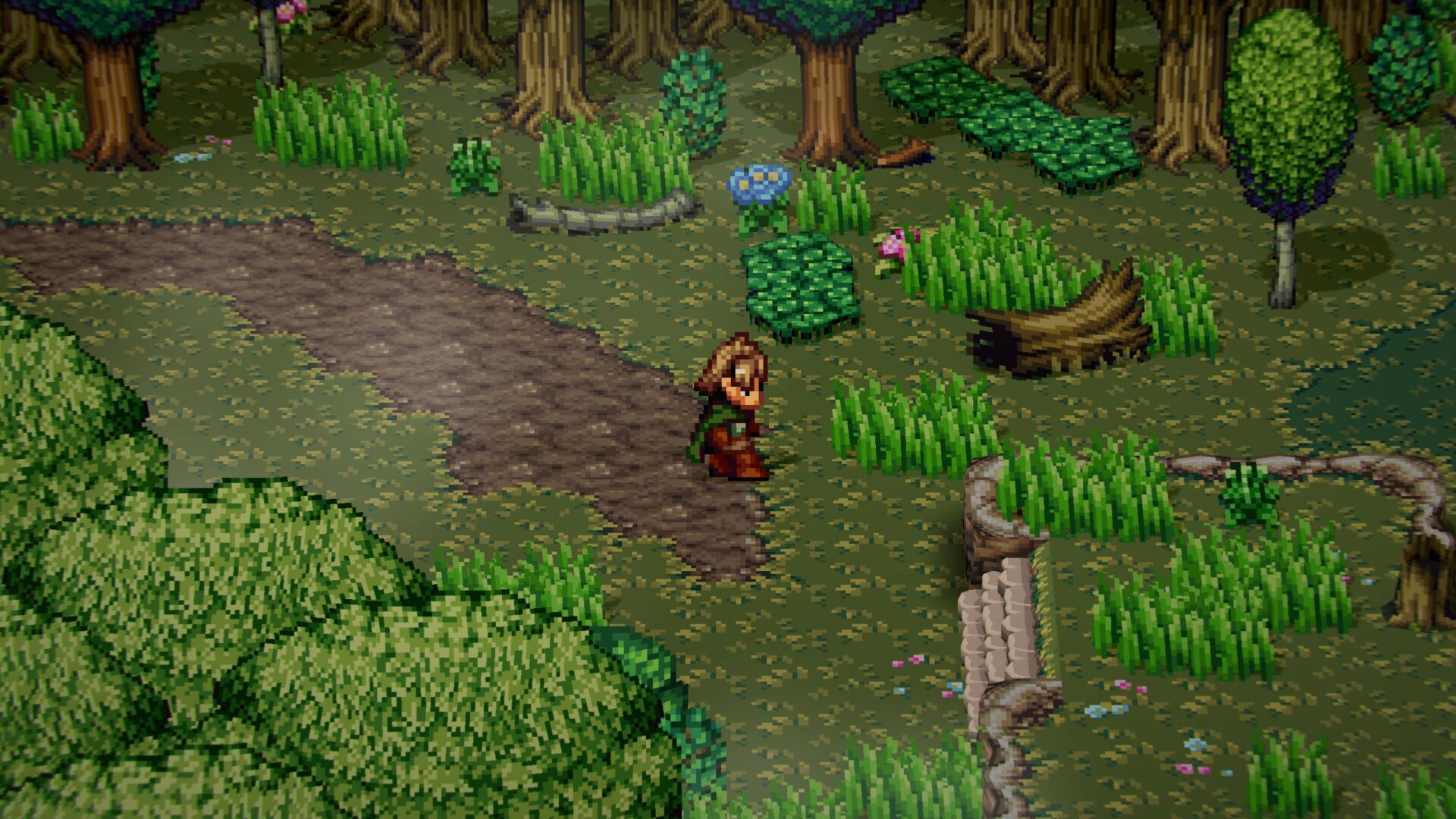
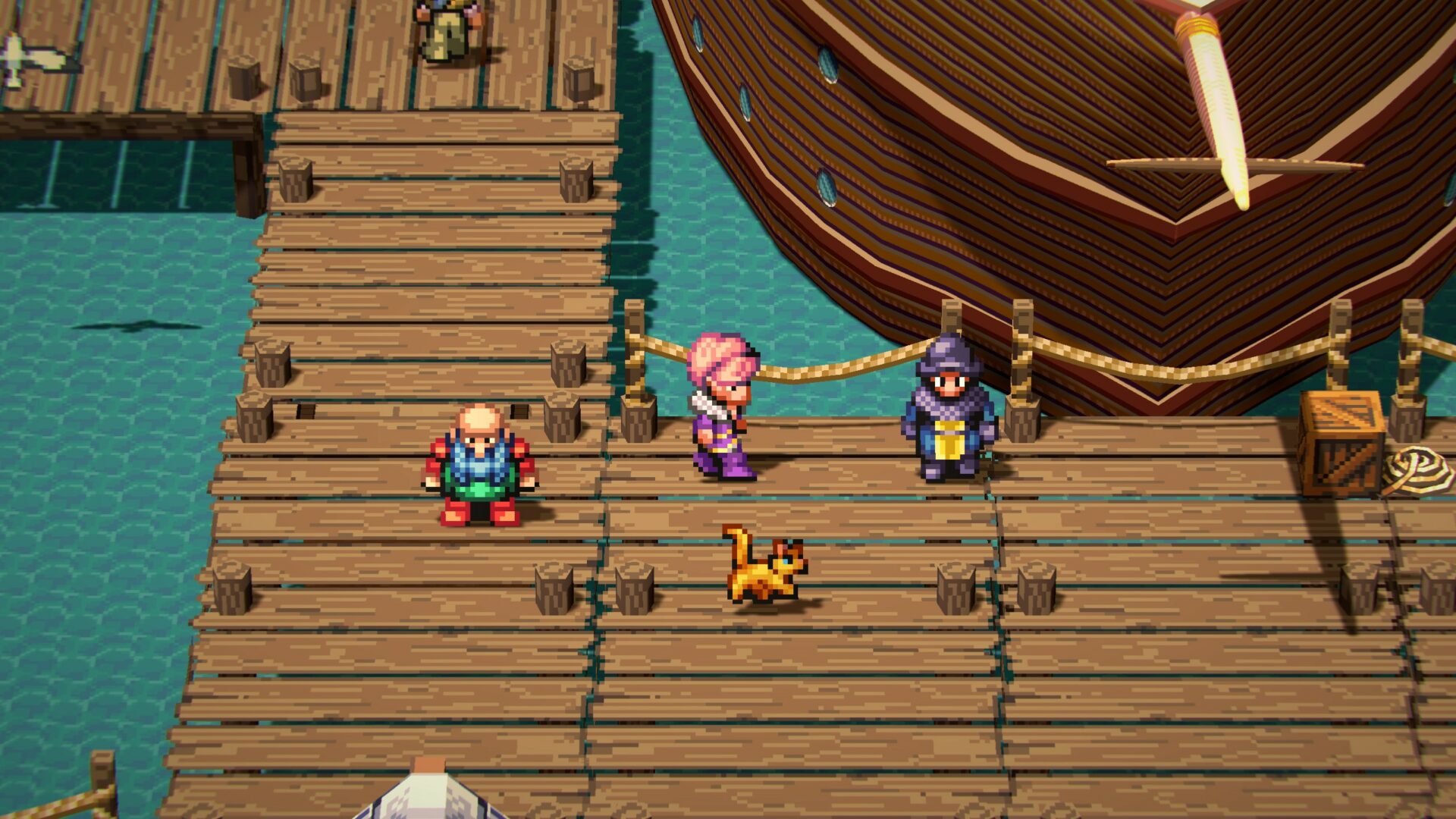
so if you or someone you know deserves recognition please let us know here.

